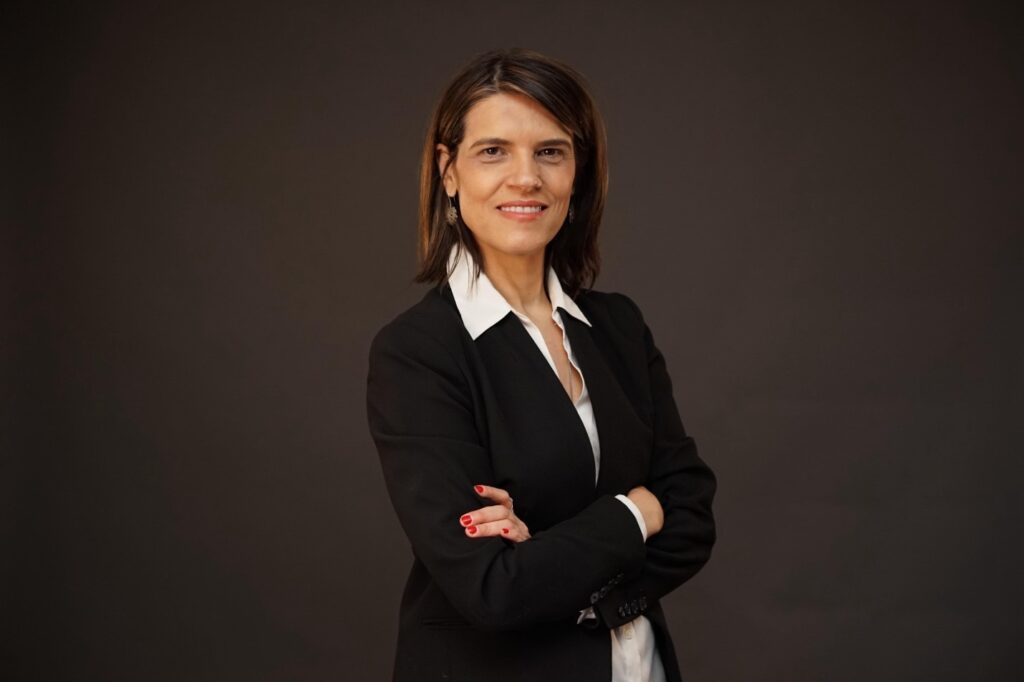 On New York University Week: When does consciousness start for newborns?
On New York University Week: When does consciousness start for newborns?
Claudia Passos-Ferreira, assistant professor of bioethics, considers this question.
Claudia Passos-Ferreira is Assistant Professor of Bioethics at New York University’s School of Global Public Health. She has a Ph.D. in Public Health from the State University of Rio de Janeiro and a second Ph.D. in Philosophy at the Federal University of Rio de Janeiro in Brazil. Passos-Ferreira has published on philosophy, psychology, and neuroethics. Her current research program focuses on the development of consciousness, and she is the principal investigator of the project What do theories of consciousness predict about consciousness in animals, infants, and machines? funded by Templeton World Charity Foundation. Her research has been published in scientific journals, such as Neuron, and popular magazines, The Atlantic, and New Scientist. She has spoken at the Association for the Scientific Study of Consciousness, The Science of Consciousness, The Association for Mathematical Consciousness Science, Mindfest, New Scientist Instant Expert on Consciousness, and many other events.
Are Newborn Babies Conscious?
I’m a philosopher who thinks about consciousness. I’m especially interested in the development of consciousness from birth onward. When does consciousness emerge in a human being? Are newborn babies conscious of the world around them? While newborns display behaviors like open eyes, sleep-wake cycles, and reactions to stimuli, which suggest consciousness, many behaviors can occur without awareness. Historically, it was believed that newborns couldn’t consciously experience pain due to their brains, leading to procedures like circumcision being performed without anesthetics. Although the belief that newborns are conscious and can feel pain is now more accepted, some still dispute this view.
Studying consciousness in infants is challenging because the standard methods, which rely on verbal reports and following commands, don’t work for non-verbal subjects like infants. Behavioral indicators do not conclusively prove conscious perception, so we need additional measures to assess infant consciousness.
Fortunately, recent advances in neuroscience offer new methods for detecting consciousness. Neuroscientists have found neural and behavioral processes that correlate with consciousness in adults. It’s now feasible to detect some of these processes in infants.
In my research, I analyze evidence for and against consciousness in newborns, arguing that the weight of evidence supports the view that newborns are conscious. For example, in the case of auditory expectation violations, we can play sequences of tones to infants—like bee bee bee boo—and see if their brains have signals of surprise when hearing an oddball sound. We can also see how their brains handle perception and attention.
While most evidence supports the idea that newborns are conscious, this area of research remains complex and evolving. By applying insights from the science of consciousness in adults to infants, I hope that over time we will have a scientific understanding of how infants experience the world.

